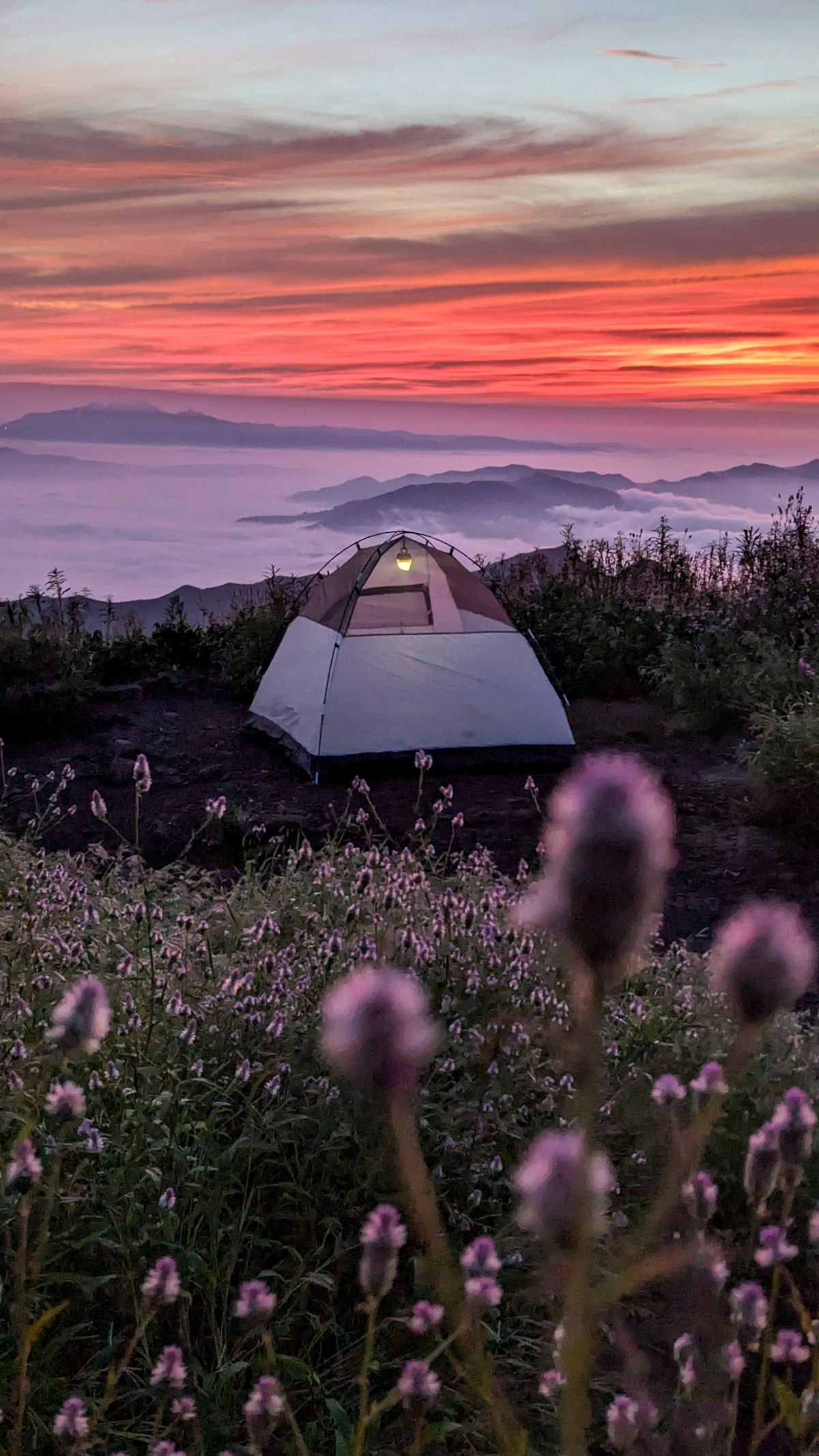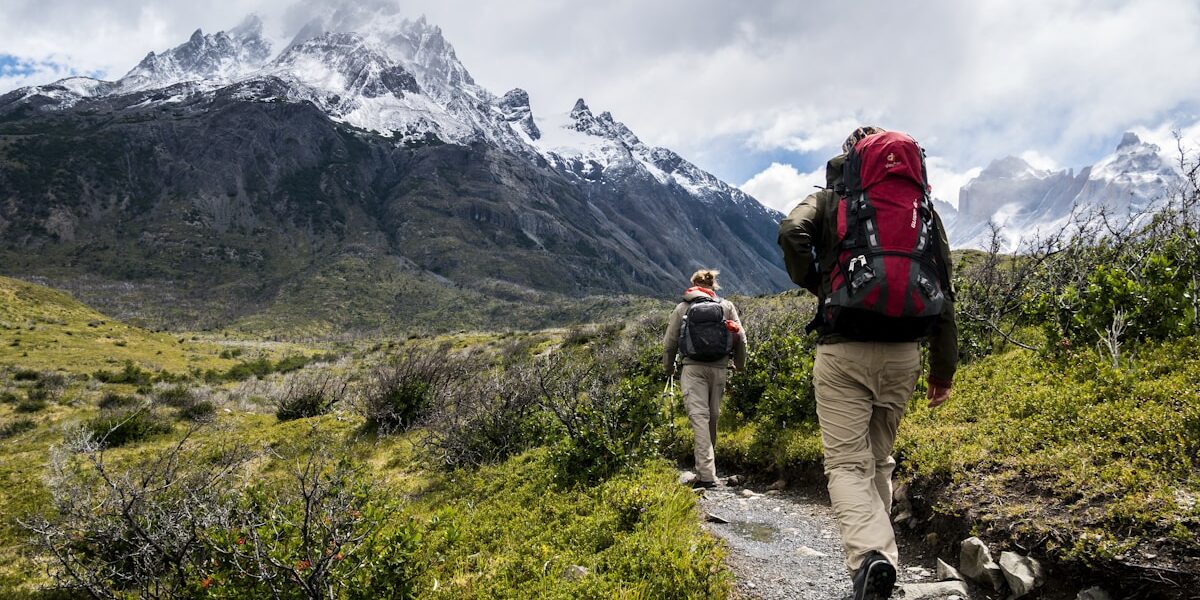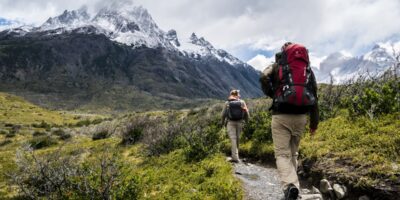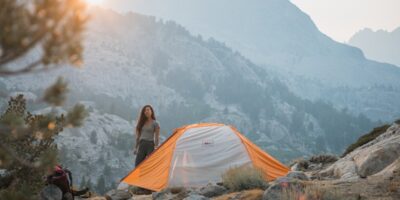Sustainable Hiking Practices
Hiking is a way to connect with nature. It provides physical exercise and mental relaxation. As more people take to the trails, sustainable hiking practices become crucial.

Follow Leave No Trace Principles
Leave No Trace (LNT) is a set of outdoor ethics. It emphasizes minimizing human impact. Here are its seven principles:
- Plan Ahead and Prepare
- Travel and Camp on Durable Surfaces
- Dispose of Waste Properly
- Leave What You Find
- Minimize Campfire Impact
- Respect Wildlife
- Be Considerate of Other Visitors
Following these can reduce our footprint on natural areas.
Plan Ahead and Prepare
Proper planning is vital. Know the regulations for the area you plan to visit. Check the weather and terrain. Prepare for emergencies with the right gear and knowledge. This ensures safety and reduces unnecessary resource use.
Stick to Marked Trails
Using established pathways prevents soil erosion. It helps protect native vegetation. Trail shortcuts can damage the environment and disturb wildlife habitats. Marked trails are designed to guide hikers without harming the ecosystem.
Carry Out All Trash
Pack out everything you bring in. This includes food wrappers, bottles, and even biodegradable items like fruit peels. Trash can attract wildlife and disrupt natural feeding habits. It can also harm animals if ingested.
Avoid Single-Use Plastics
Opt for reusable containers and utensils. Single-use plastics are convenient but harmful. They can take hundreds of years to decompose. They break down into microplastics, which pollute waterways and soil.
Be Mindful with Water Sources
Stick to designated water sources for drinking and washing. Avoid contaminating streams and lakes. Use biodegradable soap sparingly and at least 200 feet away from water sources. Purify water before drinking to avoid illness and reduce the need for bottled water.
Respect Wildlife
Observe animals from a distance. Do not feed or approach them. Human food can be unhealthy for wildlife. Close encounters can stress animals and alter their natural behaviors. Secure your food to prevent attracting animals to your campsite.
Minimize Campfire Impact
Use existing fire rings when available. Keep fires small and manageable. Better yet, carry a portable stove for cooking. Extinguish campfires completely before leaving. Use water to douse fires, then stir the ashes and make sure they are cold to the touch.
Choose Eco-Friendly Gear
Invest in gear made from sustainable materials. Look for products with certifications like Fair Trade or Organic. Durable gear lasts longer and reduces waste. Repairing and maintaining your equipment can also minimize environmental impact.
Travel Light
Pack only what you need. Every extra pound requires more energy to carry. This can lead to more wear and tear on trails. A lighter load also means less strain on your body, making your hike more enjoyable.
Silent Hiking
Walk quietly to minimize disturbance to wildlife and other hikers. Loud noises can scare animals and disrupt their habitats. Silence helps you tune into the natural sounds and makes the experience more serene.
Engage in Trail Maintenance
Participate in local trail maintenance events. Many organizations offer opportunities to volunteer. This helps keep trails in good condition and ensures they remain accessible for others. It’s also a way to give back to the hiking community.
Support Conservation Efforts
Consider donating to or volunteering with conservation groups. These organizations work to protect natural areas and wildlife. Your contributions can support trail maintenance, habitat preservation, and educational programs.
Educate Others
Share your knowledge about sustainable hiking with friends and family. Lead by example and show them how to hike responsibly. Education spreads awareness and encourages more people to adopt sustainable practices.
Use Public Transport or Carpool
Reduce your carbon footprint by using public transport to get to the trailhead. If driving, carpool with friends or other hikers. This lowers greenhouse gas emissions and can make parking less of a hassle.
Stay on Established Campsites
Use designated campsites to minimize impact. These areas are designed to handle camping activities without damaging the environment. Avoid creating new sites, as this can lead to soil erosion and vegetation loss.
Be Weather Aware
Check the weather forecast before heading out. Avoid hiking during extreme weather conditions. Storms can cause trail damage and increase the risk of injury. Being weather-aware helps protect both you and the natural environment.
Adopt a Leave No Trace Mindset
Always think about minimizing your impact. Whether it’s disposing of waste properly, choosing sustainable gear, or staying on trails, a Leave No Trace mindset helps protect the environment for future generations.
Personal Responsibility
Each hiker has a role in preserving the natural world. Taking personal responsibility means being aware of your actions and their impacts. Small changes in behavior can collectively make a significant difference.
“`



